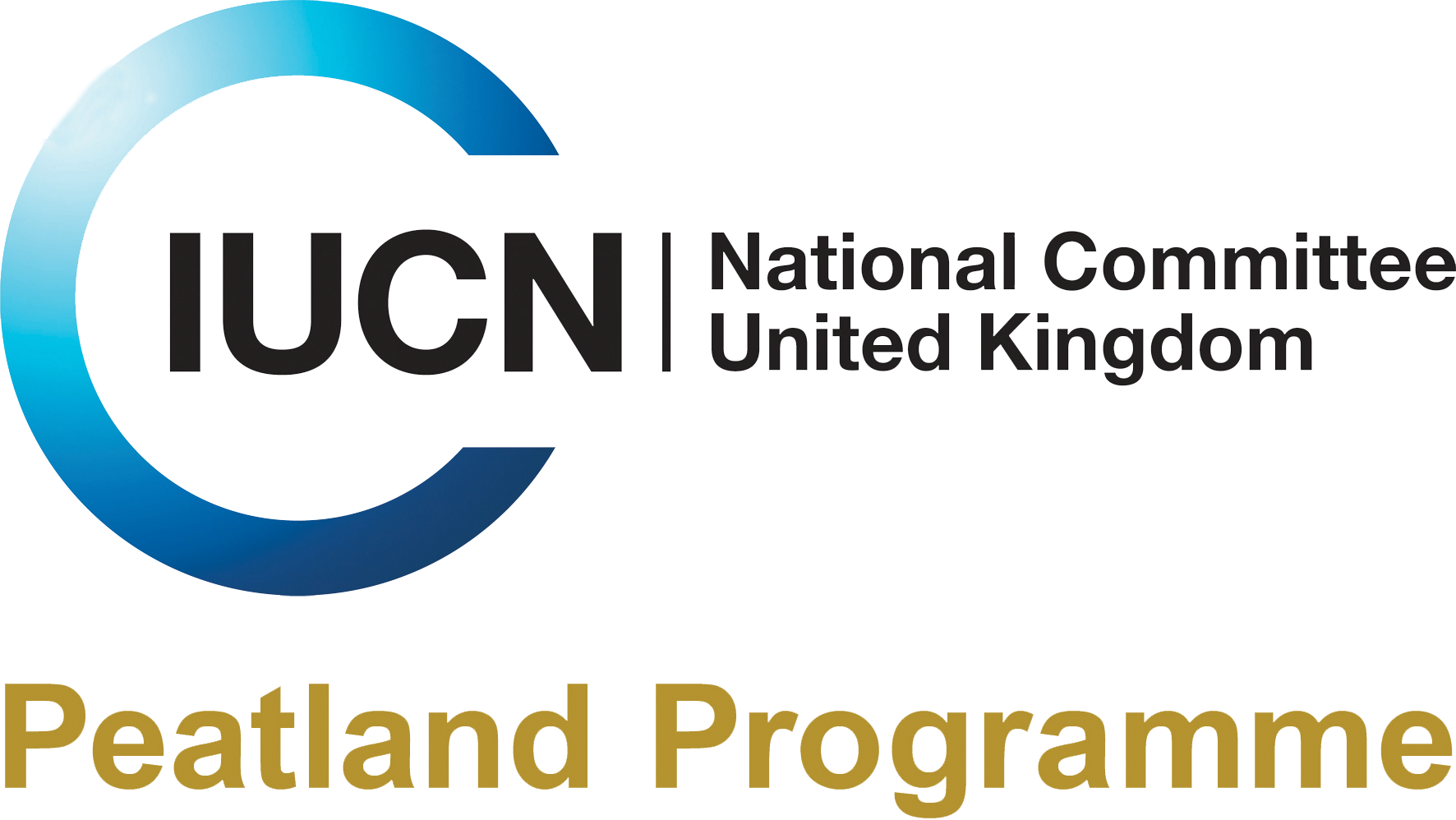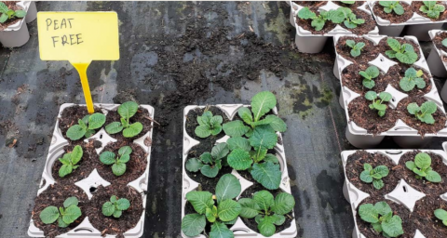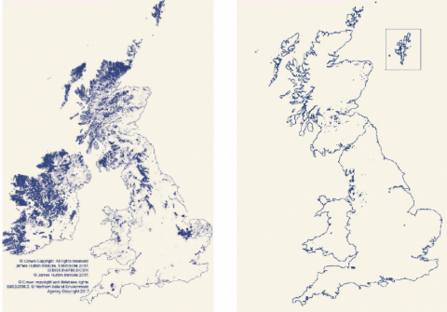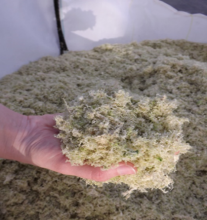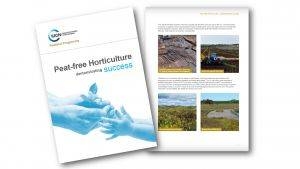After over three decades of calls for an end to the use of peat in horticulture, Defra is consulting on proposals for a ban on the retail sale of peat in England and Wales by 2024.
Discussions are also taking place across the four devolved administrations to consider UK-wide action. Northern Ireland is looking at peat and horticulture as part of its Peatland Strategy for Northern Ireland and the Scottish Government is taking forward an SNP manifesto commitment to ban the sale of peat related gardening products. The Internal Markets Act 2020 will have to be used as a framework with coordinated effort to avoid problems of a ban on sales only being applicable to peat extracted within each administrative area.
Responding to the Government proposals, environmental bodies have welcomed the proposed ban but point out the urgency of the issue and argue that a delay until 2024 is unnecessary and damaging. At The United Nations Framework Convention on Climate Change (UNFCCC) 26th Conference of the Parties (COP26) in Glasgow the National Trust represented partner bodies across 19 countries to call for an urgent ban on the use of peat in composts and presented a 'Principles of NbS: Demonstrating Success for Peatlands' session with the IUCN UK Peatland Programme (IUCN UK PP) as part of the Peatland Pavilion, which highlighted the progress made in eliminating the use of peat in gardening. COP26 also saw the launch of the IUCN UK PP's latest Demonstrating Success report on Peat-free Horticulture. The report showcases successes in peat-free horticulture and highlights the end of peat use as an opportunity not only to help the environment but also to enable a lasting and sustainable horticulture industry.
It is time to move on from the polarised debates between defenders of peat use and those against. There are common goals across the horticulture industry and environmental bodies. Society demands urgent action by all sectors on the intimately linked crises of climate change and biodiversity. All businesses must to respond to the global commitments to demonstrate sustainable practices and to deliver net zero emissions.
Delivering peat-free horticulture is an opportunity for the UK, who for so long has been reliant on imports of peat, to become a leader in manufacturing peat-free products. Ireland was initially the major source of peat for the UK but the largest producer, Bord na Mona, ceased peat extraction for horticulture use in 2019. Imports have also come from the Baltic States, but environmental protection is now limiting these supplies and we risk having to look across the Atlantic to Canada for supplies. The huge carbon footprint of transporting peat such long distances exacerbate the wider carbon impact of the industry. Official figures suggest UK extraction is responsible for around 660,000 tonnes CO2e per annum, but this only relates to the carbon in the extracted and bagged peat. The actual amount could be double if account is taken of the emissions arising from the peat extraction sites in the UK and the lost opportunity for sequestration form healthy peatland.
